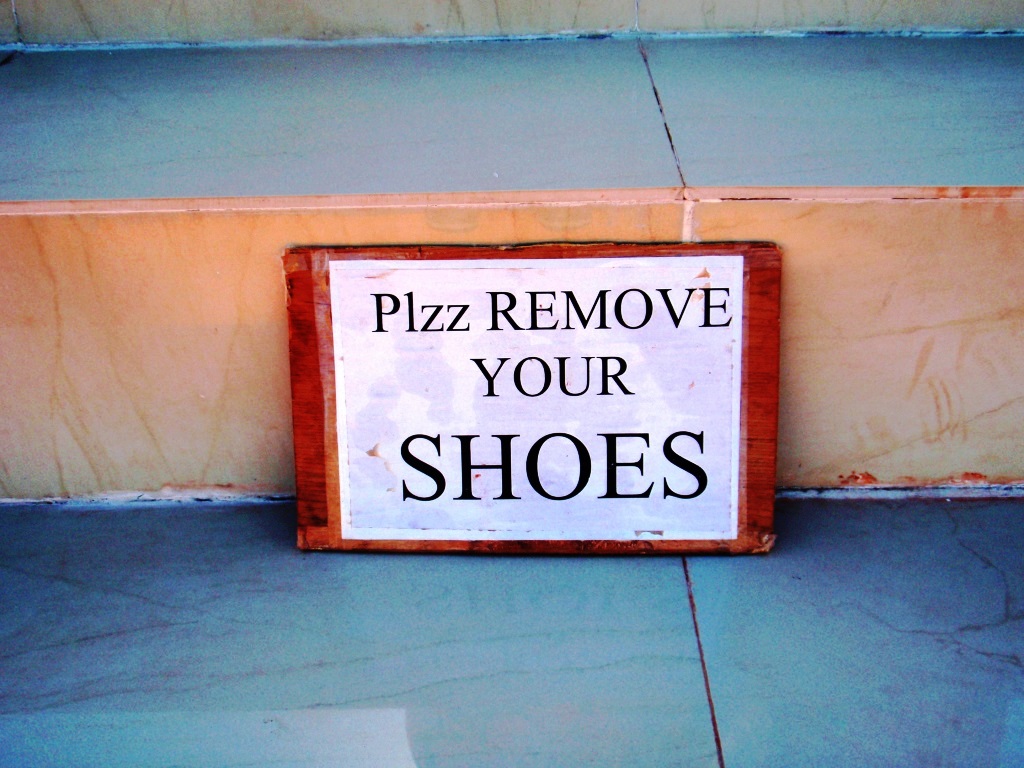Ignoring Local Customs and Traditions

It’s easy to forget that you’re a guest when traveling, but ignoring local customs is one of the biggest sources of resentment for residents. Over 60% of locals in popular tourist destinations said they felt disrespected when visitors disregarded their cultural norms, according to a 2024 World Tourism Organization survey. Simple customs like removing your shoes before entering homes or temples in many Asian countries often get overlooked by foreign visitors. This small act, or lack of it, might seem harmless, but to locals, it feels like a slap in the face to their way of life. When tourists fail to adapt even a little to a new culture, it can erode mutual respect and make residents feel invisible in their own homes. Sometimes, you might see annoyed glances or even be told off for breaking these unwritten rules. Locals value tourists who take the time to learn and follow local etiquette, as it shows genuine appreciation and a willingness to connect. Researching a few basic customs before you arrive can make a world of difference.
Overcrowding Popular Spots and Ignoring Capacity Limits

Popular destinations are being overrun, and locals have had enough. The Global Sustainable Tourism Council reported in 2023 that places like Venice, Barcelona, and Bali have seen a staggering 30% jump in visitor numbers over the last two years. More tourists means more crowds, more noise, and more pressure on everything from public transport to waste management. Many visitors ignore posted capacity limits in museums, parks, and heritage sites, pushing past barriers or queuing for hours just to get that perfect selfie. For locals, this isn’t just an inconvenience—it’s a disruption to daily life and community wellbeing. Overcrowding can even threaten the survival of the very attractions people come to see, causing erosion, pollution, and long-term environmental harm. Residents quietly wish that travelers would visit lesser-known spots or travel during the off-season, helping to spread the benefits and the burdens of tourism more fairly.
Disrespecting the Environment

Environmental disrespect by tourists is a sore spot for communities, especially those living near natural wonders. The Environmental Protection Agency’s 2024 data shows a 25% rise in littering and habitat damage in coastal and national park areas due to visitor carelessness. Tourists sometimes leave trash on beaches, pick wildflowers, or wander off marked trails, damaging fragile ecosystems. Even seemingly minor acts, like feeding wildlife or using single-use plastics, have a ripple effect that locals feel deeply. For example, coral reefs in Australia’s Great Barrier Reef have suffered from careless behaviors like stepping on coral or taking souvenirs. Locals rely on these natural resources for their livelihoods and cultural identity, so watching them be trashed by outsiders stings. “Leave no trace” isn’t just a slogan—it’s a plea from residents who want to share their environment without seeing it destroyed.
Bargaining Aggressively and Undermining Local Businesses

While bargaining is part of the fun at street markets, haggling too hard crosses a line for many local vendors. A 2023 study from the International Journal of Tourism Research revealed that 45% of small business owners in Southeast Asia felt disrespected by tourists who pushed for unrealistically low prices. Aggressive bargaining can feel demeaning, especially when you consider that a few extra cents mean much more to a local vendor than to a vacationing tourist. It’s not just about money—it’s about dignity and fair treatment. When tourists insist on rock-bottom deals, they can undermine the local economy and push small businesses closer to the edge. Locals appreciate visitors who recognize the value of handmade goods or home-cooked meals and are willing to pay a fair price. Supporting local businesses respectfully helps communities thrive and keeps cultural traditions alive.
Being Loud and Disruptive in Residential Areas

Tourists may be on holiday, but for locals, life goes on—and noise is a big issue. The Urban Noise Research Center’s 2024 report found that noise complaints in tourist-heavy neighborhoods jumped by 40% over the past two years. Late-night parties, loud music, and rowdy groups spill into quiet streets, turning peaceful neighborhoods into sleepless zones. For residents, it’s more than an irritation; it can disrupt work, family life, and even health. Some cities have been forced to crack down with strict noise ordinances and fines aimed directly at short-term visitors. Locals wish tourists would remember that their Airbnb might be someone else’s childhood home, or that a narrow street echoing with laughter at 2 a.m. is someone’s bedroom window. A little consideration goes a long way—quiet walks and respectful conversations help keep the peace.
Taking Photos Without Permission

Travelers love to snap photos, but not everyone wants to be in the frame. According to a 2023 Cultural Heritage Foundation survey, 55% of residents in culturally sensitive areas felt their privacy was invaded by tourists taking unsolicited photos. This is especially true in traditional or indigenous communities and sacred spaces, where photography can be seen as deeply disrespectful. In some places, taking a picture without asking isn’t just rude—it’s a violation of cultural taboos or even local laws. Residents may feel objectified or commodified, as if their daily lives exist only for tourist entertainment. Asking before you shoot shows respect and helps break down the invisible wall between visitor and local. When in doubt, simply put down the camera and experience the moment firsthand.
Expecting Western Standards Everywhere

Tourists often arrive with the expectation that everything will be just like home, but this attitude can rub locals the wrong way. The Global Hospitality Institute’s 2024 study found that 38% of hospitality workers in major tourist destinations felt pressured by unrealistic tourist demands. Complaints about slow service, lack of English signage, or unfamiliar foods can come across as entitled and dismissive of local ways. This behavior makes locals feel undervalued in their own country, as if their traditions are being judged against foreign standards. The charm of travel is in discovering something different, not demanding the familiar. Locals appreciate visitors who approach new experiences with patience and curiosity, enjoying the surprises rather than criticizing the differences.




